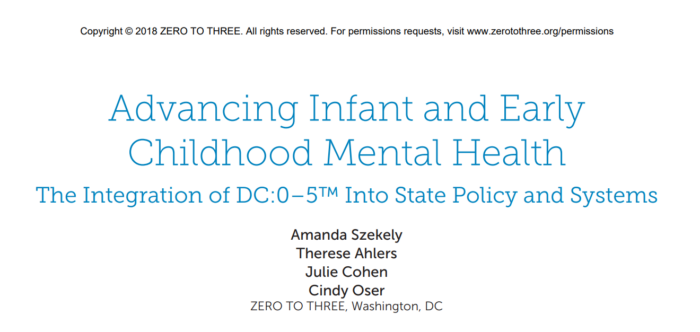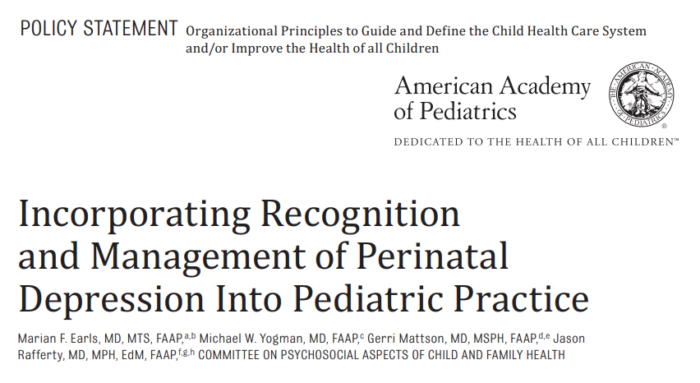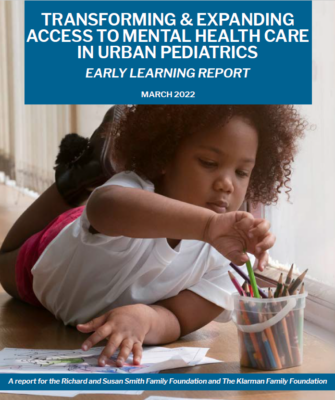Advancing DC:0-5™ Policy and Practice Within Systems of Care

The DC:0-5™: Diagnostic Classification of Mental Health and Developmental Disorders of Infancy and Early Childhood is a system for classification of mental health and developmental disorders for infants and toddlers. This brief discusses the benefits of including the DC:0-5™ diagnostic classification tool into an early childhood system of care, including policy and practice implications. The self-assessment tool described in the brief can provide a framework for systems of care team conversations about DC:0-5™. The tool can also help systems of care grantees both promote DC:0-5™ recommendations for policy and practice change and identify short- and long-term goals and next steps for promising, developmentally appropriate assessment and diagnosis.
DC:0-5™ is an important tool for clinicians and researchers. Prior to 1994, the early childhood field lacked any widely accepted system to classify mental health and developmental disorders for infants and toddlers. Since the publication of the first Diagnostic Classification of Mental Health and Developmental Disorders of Infancy and Early Childhood, much progress has been made to describe and categorize – through research and empirical evidence – mental health disorders specific to infants and toddlers.
DC:0-5™ also provides a common language that allows individuals across disciplines – including mental health clinicians, counselors, physicians, nurses, early interventionists, social workers, and researchers – to communicate accurately and efficiently with each other. Because systems of care are intentionally supporting integration across disciplines, agencies, and systems, this shared language and perspective about a child’s needs and presentation is incredibly important. An accurate diagnosis using the DC:0-5™ guides treatment for the child, may indicate services needed for the family, and can help determine the need for additional services.
Because systems of care are intentionally supporting integration across disciplines, agencies, and systems, this shared language and perspective about a child’s needs and presentation is incredibly important.







